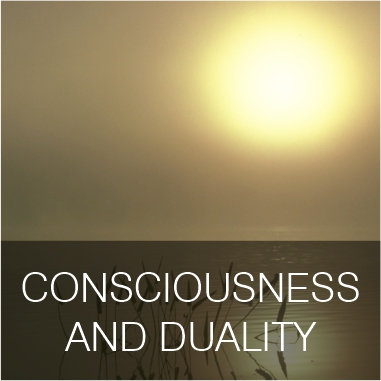Schopenhauer’s notion of the Will comes from the Kantian things-in-itself, which Kant believed to be the fundamental reality behind the representation that provided the matter of perception, but lacked form.
Schopenhauer pointed out that anything outside of time and space could not be differentiated, so the thing-in-itself must be one and all things that exist, including human beings.
Schopenhauer also argues that ideas (i.e. representations) may be either primary or secondary. Primary ideas include perceptions and intuitions. Secondary ideas include concepts and abstract representations.
Thus, concepts are “representations of representations.” All representations are objects of possible experience, and all objects of possible experience are representations.



